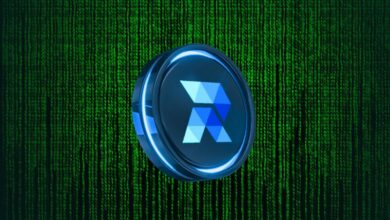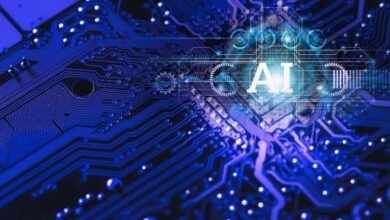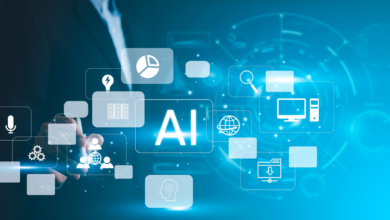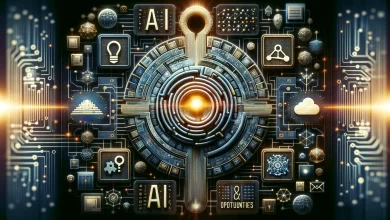‘Terminator’ creator James Cameron says AI could replace him — but not Schwarzenegger
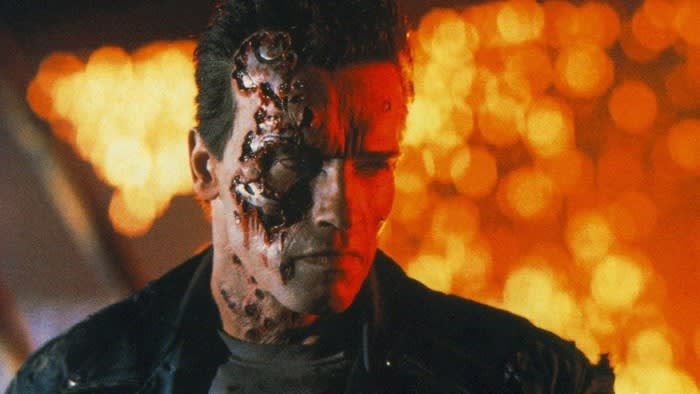
Stay informed with free updates
Simply sign up to the Artificial intelligence myFT Digest — delivered directly to your inbox.
James Cameron, who dreamt up the evil Skynet artificial intelligence network in his 1984 film The Terminator, says an advanced AI system could one day do his job.
“If you have an artificial general intelligence [system] that has an ego, that has consciousness, who’s to say that is not an artist?” the director who also made Titanic and the Avatar series told the Financial Times. “We’ve been doing art since we had consciousness, so why can’t an AGI do it at that point — write a script, direct a movie, do whatever?”
His comments come amid sharp divisions over AI in Hollywood, where unions are seeking to protect jobs from the disruptive technology while studio chiefs dream of ways it could save time and money.
The hand-wringing began in February when Open AI released a series of high-quality short videos made by its Sora text-to-video technology, stunning talent agents and filmmakers with its speed and slick images.
Cameron said the technology had potential but was not there yet. “Everybody’s freaking out over the ability to snap their fingers and get a cool image,” he said. “But you can’t make a movie out of it.”
However, the director said the AI technology could eliminate some of the mundane tasks involved in filmmaking, freeing directors to do more shots in less time. That appeals to Cameron, who spent 13 years and an estimated $350mn on his last blockbuster, Avatar: The Way of Water, which grossed $1.5bn worldwide after its release in 2022.
“We spend a lot to make a lot,” he said in a Zoom interview from New Zealand, where he is making the third Avatar movie. “To be successful with an Avatar film you have to make one of the top 10 grossing films in history. It’s dumb, but so far it’s working.” Cameron has three of the highest-grossing movies of all time.
The filmmaker has had a life-long fascination with science and technology. He navigated a submarine he designed to the Mariana Trench, the deepest place on Earth. And he has spent decades working on the 3D film technology used in his movies.
He is hopeful that Apple’s Vision Pro headset will drive demand for his 3D technology, which he wants to license out to others in the industry. He has assembled a group of partners to develop the business.
“I’m pretty excited about a potential renaissance in [3D] content, and am planning to make some moves in that space,” he said. “It could be a virtuous circle, or it could be a big bust. Who the hell knows?”
One of Cameron’s most inspired casting decisions was hiring Arnold Schwarzenegger to play a cyborg in The Terminator. While he is open-minded about the role of AI in filmmaking, he does not believe that machines could ever do what Schwarzenegger did — give a human performance.
“The machine could give you a plausible performance, but it won’t give you the quirky moment of creation that an actor gives that is particular to them and their life experience,” Cameron said. “We’re all generative AIs — we’re all vast data sets of every experience we’ve ever had. Generative AI can give you a bitmap and give you an image, but can’t give you an emotion.”
